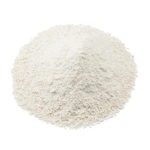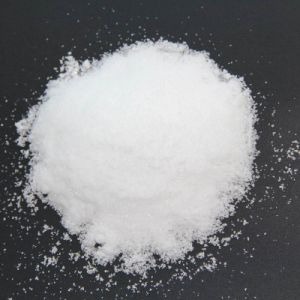L-Tryptophan
|
IUPAC Name |
: L-Tryptophan |
|
Cas Number |
: 73-22-3 |
|
HS Code |
: 29224990 |
|
Formula |
: C11H12N2O2 |
Basic Info
|
Appearance Name |
: White or slightly yellowish crystalline powder |
|
Common Names |
: L-Triptofano, L-Trypt, L-2-amino-3-(indole-3-yl) propionic acid |
|
Packaging |
: 25 Kg Bag |



---indonesia.webp)
---united-states.webp)

 English
English
 Indonesian
Indonesian
 简体字
简体字
 العربية
العربية
 Español
Español
 Français
Français
 Português
Português
 日本語
日本語
 한국어
한국어
 Tiếng Việt
Tiếng Việt
